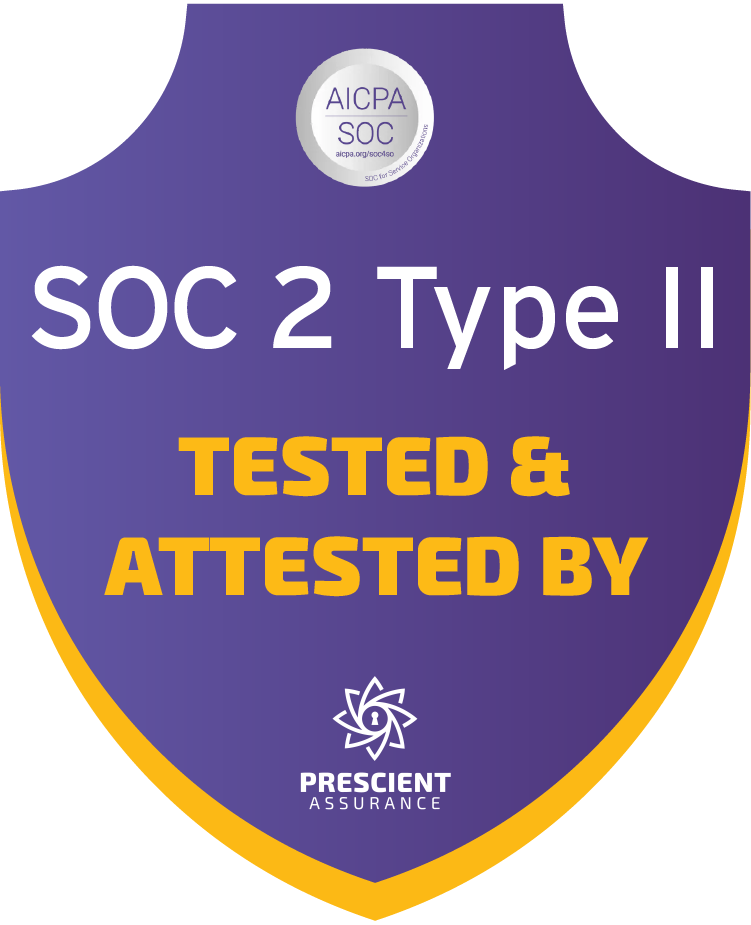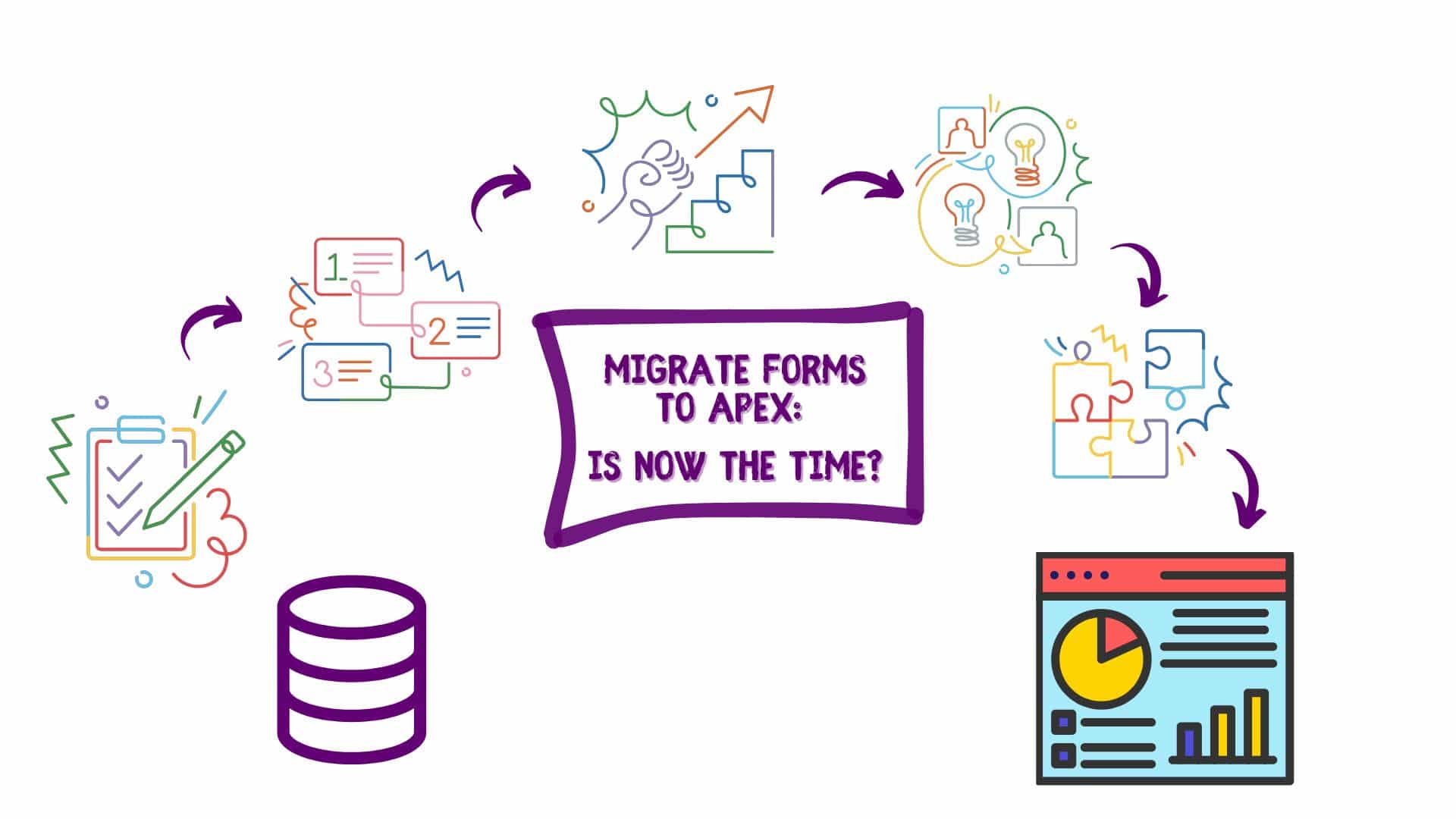Simply considering migrating your business to the cloud can feel overwhelming. You’re excited about new possibilities but worried about cost, security, and the work involved. This is a big decision, and you probably have many questions about cloud migration pros and cons for your situation.
You’re not alone. Let’s discuss cloud migration pros and cons to help clarify the issues.
Weighing Cloud Migration Pros and Cons for Your Business
Choosing where to host your business applications and data isn’t just about on-premise versus cloud anymore. It includes hybrid options with multiple cloud platforms or service models like IaaS, PaaS, or SaaS.
There’s complexity involved. Your choice depends on how these approaches align with your business strategy and future requirements.
On-Premise Infrastructure: Maintaining Control and Security
Control and Customization
With On-Premise infrastructure, you have complete control over your technical environment, allowing you to customize it to meet your specific business needs. You can tailor your hardware, software, and network configurations to optimize performance, security, and scalability.
Security and Data Sovereignty
On-Premise Oracle Infrastructure provides a higher level of security and data sovereignty, as your data remains within your organization’s premises. This is particularly important for businesses that handle sensitive data, such as government agencies, financial institutions, and healthcare organizations.
Predictable Costs
On-Premise Oracle Infrastructure provides a predictable cost model, as you can budget for hardware, software, and maintenance costs upfront. This predictability is essential for businesses with fixed IT budgets.
Integration with Existing Systems
On-Premise infrastructure can be easily integrated with your existing systems, applications, and infrastructure, reducing the complexity and cost of integration.
No Dependency on Internet Connectivity
On-Premise infrastructure does not rely on internet connectivity, ensuring that your applications remain accessible even in the event of an internet outage.
Cloud Infrastructure: Scalability and Cost-Effectiveness
Scalability and Flexibility
OCI (Oracle Cloud Infrastructure) provides a highly scalable and flexible infrastructure that can quickly adapt to changing business needs. You can scale resources up or down as needed, without the need for upfront capital expenditures.
Reduced Capital Expenditures
OCI eliminates the need for upfront capital expenditures on hardware and software. You only pay for the resources you use, making it an attractive option for businesses with variable workloads or tight capital budgets.
Rapid Deployment and Provisioning
OCI enables rapid deployment and provisioning of resources, reducing the time and effort required to set up new applications and services.
Automated Management and Maintenance
OCI provides automated management and maintenance capabilities, reducing the need for manual intervention and minimizing downtime.
Access to Innovative Features
OCI provides access to innovative features and services, such as AI-powered analytics, autonomous databases, and machine learning, enabling you to drive business innovation and stay ahead of the competition.
Hybrid Cloud Solutions: Balancing Pros and Cons
It’s not an either/or choice. A hybrid approach merges on-premise and cloud, balancing cloud migration pros and cons. Diversifying with a hybrid approach can offer agility across platforms.
It accommodates variable workloads and traffic patterns. A hybrid cloud can also streamlines your budget and lower financial risks from downtime, along with improving operational cash flow without sacrificing agility.
Flexibility is essential in tough times or changing markets. Cloud providers handle the underlying infrastructure so that your IT staff can concentrate on data protection, business continuity and other strategic initiatives.
Making the Right Choice for Your Needs
Consider the following factors:
- Business Requirements: If you require a high level of control, customization, and security, On-Premise infrastructure may be the better choice. If you need scalability, flexibility, and reduced capital expenditures, OCI may be more suitable.
- Workload Patterns: If your workloads are variable or unpredictable, OCI’s scalability and flexibility may be beneficial. If your workloads are steady and predictable, On-Premise infrastructure may be more cost-effective.
- IT Budget: If you have a fixed IT budget, On-Premise infrastructure may provide more predictability. If you prefer a pay-as-you-go model, OCI may be more attractive.
Remember, it’s not necessarily an either-or decision – you can also consider a hybrid approach that combines the benefits of both options.
Conclusion
There are various cloud migration pros and cons to consider when choosing between on-premise, cloud (PaaS, IaaS, SaaS), or hybrid models. Every organization needs to carefully evaluate its needs and IT complexity. Proper insights, resources, and expert assistance are essential for a successful transition.
DesTech’s architects and cloud engineers are well versed in Oracle technology and can help guide your decisions and streamline any future migration to the Cloud.
Table Of Contents:
- Weighing Cloud Migration Pros and Cons for Your Business
- On-Premise Infrastructure: Maintaining Control and Security
- Control and Customization
- Security and Data Sovereignty
- Predictable Costs
- Integration with Existing Systems
- No Dependency on Internet Connectivity
- Cloud Infrastructure: Scalability and Cost-Effectiveness
- Scalability and Flexibility
- Reduced Capital Expenditures
- Rapid Deployment and Provisioning
- Automated Management and Maintenance
- Access to Innovative Features
- Hybrid Cloud Solutions: Balancing Pros and Cons
- Making the Right Choice for Your Needs
- Conclusion




